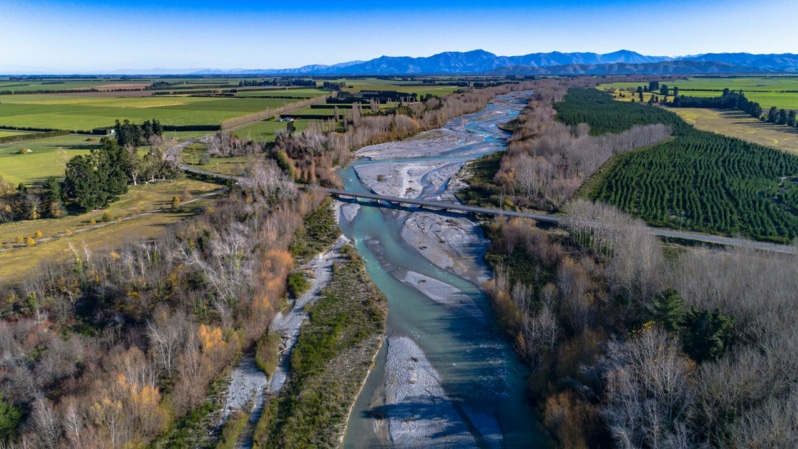While the changing climate may pose some risks to the places we love across our region, together we can plan to adapt and protect our people and our valuable resources.
Aotearoa’s climate has varied significantly since Māori first arrived. Changes in practices and customs that are strongly influenced by weather are key to tracing climate back through the centuries.
Traditional Māori knowledge of weather and climate, and of associated activities such as gardening and fishing, has contributed to our understanding of past climatic variations. Climate affects the winds, waves, and ocean currents, and influences which plants, trees and birds are found in various parts of the country. It is the natural world that sustains people physically, economically and spiritually, hence the well-being of iwi is deeply connected to the well-being of the environment.
Through the generations, Māori have built up an extensive knowledge of the local climate, from the character of local winds and rain to the forecasting of drier and warmer summers. This knowledge has traditionally helped to make important decisions, such as when is the best time to plant, farm, harvest, fish and navigate.
Climate change could have an impact on all these activities. Mātauranga Māori has been of immeasurable value when coupled with the scientific understanding of climate change; how Māori coped with past climate extremes, such as floods and droughts, may help us adapt to future climate changes.
